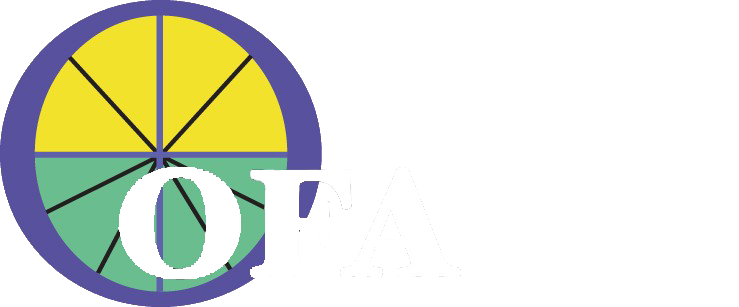February 15, 2021
To: Members of OFARM
From: Bob Keatley, Secretary
OFARM Executive Board of Directors
Organic Grain Marketing was Focus of OFARM 2021 Annual Meeting
On February 10 and 11, from 0900 to 1200 each day, Organic Farmer’s Agency for Relationship Marketing (OFARM) held its annual meeting. Normally the meeting is held in conjunction with the Midwest Organic and Sustainable Education Service (MOSES) conference in La Crosse, WI, but due to Covid-19 this year was held via Zoom.
OFARM is the umbrella organization that is comprised of three member cooperatives, Central Plains Organic Farmers (CPOF), Midwest Organic Farmers Cooperative (MOFC), and National Farmers Organics (NFO). Its purpose is to provide a platform for sharing market information to obtain the best price possible for our member’s organic grain.
On February 10 the first one and half hours were used to conduct the business portion of the meeting where we reviewed the past year’s activities and had reports from the three member coops. Despite the terrible low grain prices, we have been experiencing, I am happy to report that all three coops are in good financial condition with steady or growing membership.
We reviewed the policies that specify how the three coops will continue to collaborate and coordinate grain sales and how those activities are funded. We also discussed and updated our official OFARM position regarding our opposition to any attempt to allow any form of GMO’s in organic grain production. A copy of that policy paper is available on our web site.
The last one and half hours we discussed how best to grow the organization, either by adding new coops under the OFARM umbrella or by increasing the size of our existing coops or both. It is our firm belief that with more farmers marketing their grain with us, i.e., the more bushels we bring to the marketplace, the better chance to negotiate a higher price for all those bushels.
On February 11 we had several guest speakers who addressed the current state of the organic industry and the challenges we face in the future. The first speaker was David Glasgow, Associate Deputy Administrator of the National Organic Program (NOP) at the USDA. We have developed a particularly good relationship with David over the last several years and he has been very willing to update us on the activities going on within the NOP. It is simply a fact that as the organic industry grew over the last 20 years, the NOP had not. It was underfunded and understaffed. That has changed in the last few years through efforts of organizations like OFARM. As a result, they have grown from a staff of 9 to 63 and counting with a budget of $18,000,000. One of the many projects they are working on is the Strengthening of Organic Enforcement (SOE) rule. This is a large rule and is currently being reviewed. It is meant to provide stricter interpretation and enforcement of the organic rules. It is an attempt to eliminate some of the bad actors within the organic industry.
Our second speaker was Abby Youngblood, Executive Director of the National Organic Coalition (NOC) of which OFARM is an affiliate member. NOC is a lobbying group comprised of various elements within the organic industry from grocery stores to farmers and everything in between. We have worked closely with them in the past on issues regarding various organic grain production methods. They are currently trying to educate Congressional members about the importance of crop rotations, cover crops and how that might impact climate change.
Our last speaker was Patty Lovera, Policy Director for the Organic Farmers Association (OFA). They represent all types of farmers from vegetable growers, to cattle and poultry, to corn and soybeans. We have also worked with them on issues that directly affect grain producers. They are currently focusing on informing Congressional members about issues like origin of livestock, pasture rules and cost share reimbursement. Through our collaboration with these organizations and others we can call attention to issues that directly affect our member’s ability to grow organic grain and get paid a fair price for their efforts.
In closing, we as the Executive Board of Directors, ask you to help us grow the OFARM umbrella, either by encouraging other farmers to join one of our existing coops or through the formation of new coops we could add to the OFARM family. Cooperative marketing is a proven strategy. The more bushels we control, the more influence we have on the price!
If you have any questions, comments, or ideas our contact information is available on our web site at www.ofarm.org. Email to: ofarm.2005@gmail.com
USDA National Organic Program (NOP) www.ams.usda.gov/Organic
National Organic Coalition (NOC) www.NationalOrganicCoalition.org
Organic Farmers Association (OFA) www.organicfarmersassociation.org
